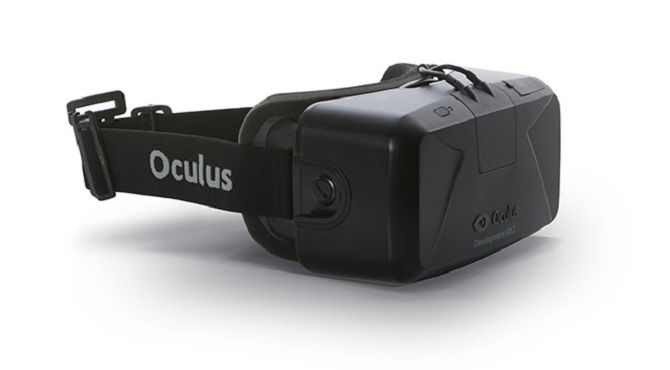The Oculus VR headset has had a bumpy history. It was originally a very successful Kickstarter project that raised 2.4 million USD in August 2012. Two of the the names behind the project were then 20 year old Palmer Luckey and Doom co-creator John Carmack.
The Oculus gained so much attention that it was acquired by Facebook in March 2014. However, before this ZeniMax Media provided Luckey and Carmack VR technology to develop the rift between 2012 and 2013. The American media and game publisher went on to say that all of the code that Carmack had developed during this period were the intellectual property of the company.
In May 2014, ZeniMax sued Oculus VR. However, the virtual reality company refuted saying that they were being targeted because of the expensive Facebook acquisition. Oculus also said that their product didn't contain any coding from any other company other than their own.
Even though Oculus lost the lawsuit a few days ago, it was found that no code had been stolen ('misappropriating trade secrets' in Law jargon). The major blow came from the fact that Palmer Luckey had not kept up his end of a non-disclosure agreement that he signed with ZeniMax in 2014, according to the Dallas jury.
The court's decision shrunk the 4 billion dollar lawsuit into half a billion dollars. Out of this amount, Oculus is paying $300 million, Luckey 50 million, and Bredan Iribe, former Oculus CEO, 150 million. The reasons behind these payments surrounded the NDA issues, copyright infringement, and false designation (lying about the maker of a product).
Like many cases of this nature, the story is far from over. Oculus is going to appeal to a higher court to try and reverse the decision. They told TechPortal:
"The heart of this case was about whether Oculus stole ZeniMax’s trade secrets, and the jury found decisively in our favor. We’re obviously disappointed by a few other aspects of today’s verdict, but we are undeterred... We look forward to filing our appeal and eventually putting this litigation behind us."
ZeniMax on the other hand is possibly looking into halting sales of the Rift after their win. They told Polygon:
"We will consider what further steps we need to take to ensure there will be no ongoing use of our misappropriated technology."
Carmack questioned the validity of the prosecution's 'expert witness' in a Facebook post soon after the conclusion of the trial. The most interesting part of his long response was:
"Notably, I wasn’t allowed to read the full expert report, only listen to him in trial, and even his expert testimony in trial is under seal, rather than in the public record. This is surely intentional -- if the code examples were released publicly, the internet would have viciously mocked the analysis. I still have a level of morbid curiosity about the several hundred-page report."
It's unfortunate that the Oculus' history has been marred with so much contention and controversy. The topics of intellectual property of code, VR technology and copyright, and huge acquisitions are topics that will be studied by gaming and tech scholars in the years to come.
For now, it might not even effect the average consumer unless ZeniMax targets the production of the Rift. Either way, hopefully Oculus VR will be able to put all of this behind them soon and just focus on continuing to create and expand the virtual reality world.

